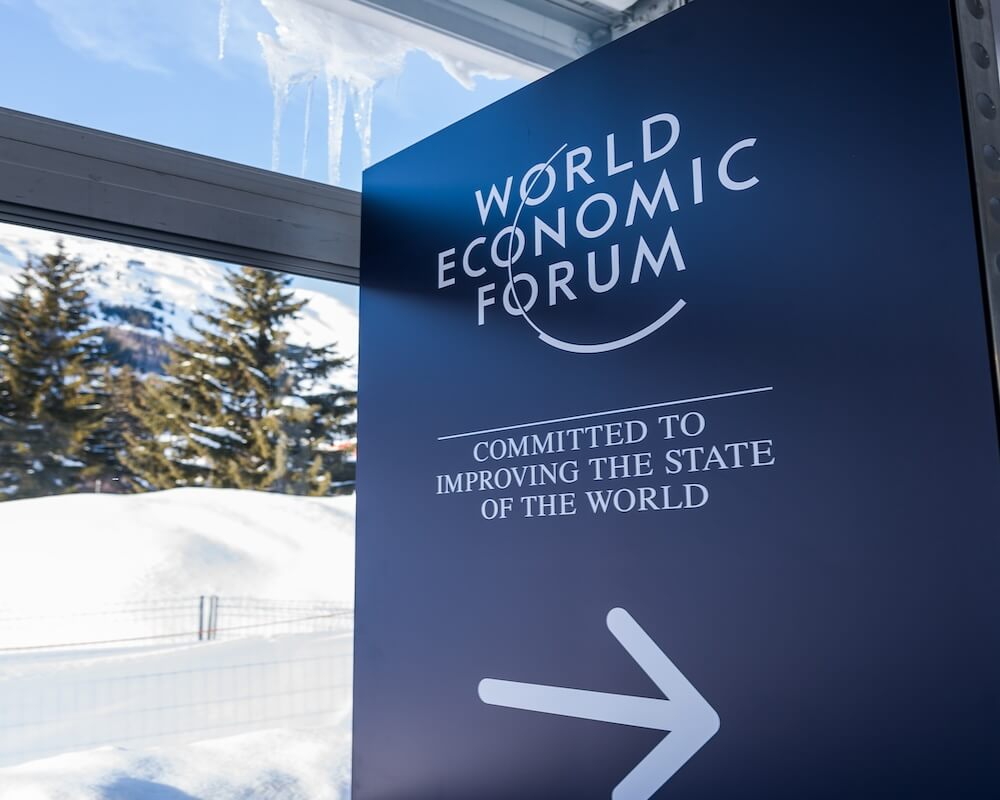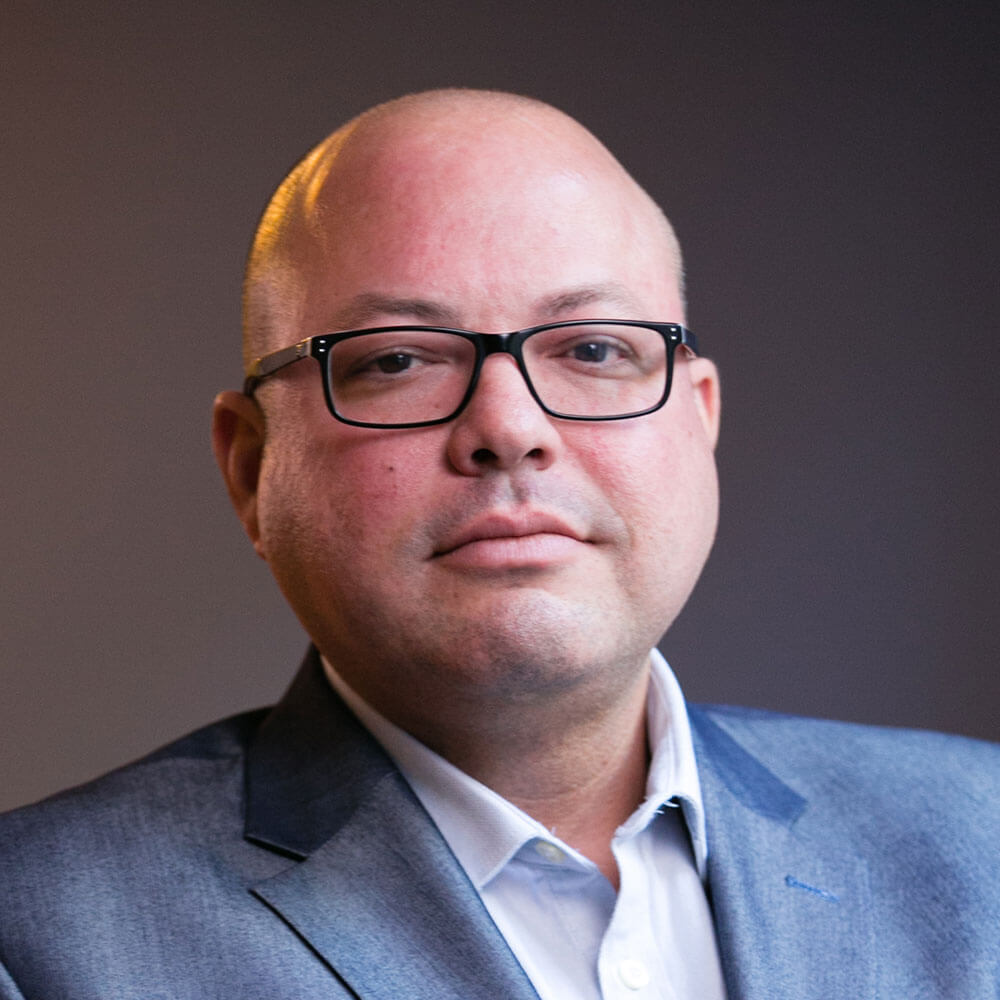Posted November 09, 2016
By Ray Blanco
President-Elect Trump Rallies Biotech
The election is (finally) over.
Maybe youre basking in the orange glow of President-Elect Trump. Maybe youre looking up the cheapest one-way ticket out of this country
But one thing is for sure: The markets looked downright scary last night.
Futures began falling as the likelihood of Trump nabbing Florida became reality. They continued to trend lower until the Dow was off by 700+ points.
Luckily, the market seemed stable when it opened this morning. In fact, one sector even rallied biotech stocks took off!
What had investors scrambling to buy in such an uncertain market?
Its been an icey year for the biotech sector, made all the worse by constant talk of price-gouging on the campaign trail.
In a tweet that roiled the market last year, Hillary Clinton recommended implementing pharmaceutical price controls, and continued to make it a political focus throughout her campaign.
Naturally, fresh off the heels of a Trump win/Hillary loss, investors started snatching up shares in the biotech sector left and right. The Nasdaq Biotech Index was up 5% when markets opened this morning.
Pharmaceutical price reform would, of course, probably control prices and cap biotech profits a reason weve seen the selling in biotech names throughout 2016. It might satisfy a thirst for blood when one bad actor, like Martin Shkreli or Mylan Pharmaceuticals, games the system.
But it would cost us far more in the long run.
Frederic Bastiat, a famous 19th-century French political economist, described these consequences as the unseen. A policy may be able to achieve a desired end but create far worse problems not immediately apparent.
And that would be the case with price controls on new drugs as a means to control health care expenses. Despite popular misconceptions, prescription drugs are only a small slice of total health care spending.
Sure, with price controls, well enjoy cheaper prices on existing drugs. Thats the seen part of the equation Bastiat wrote about. But the unseen will emerge when there are fewer new ones.
When it comes to lifesaving new drugs, our pharmacies will start to look bare. The incentives to develop new drugs will begin to evaporate. And we may even run into shortages of existing drugs.
The rationale behind price controls for prescription drugs assumes that they can reduce the cost of health care. Thats a big assumption. One 2002 paper published for the National Bureau of Economic Research found that every dollar spent on new drugs reduced other health expenditures from $7-8.
In other words, breakthrough new drugs, on the whole, reduce overall health care costs.
One good example are cholesterol-lowering statin drugs. These are among the best-selling drugs in history. Some statins have generated peak sales of over $10 billion a year...
However, think of all the heart attacks and strokes theyve prevented over the years, and the hospitalization and surgery costs that have been avoided. Some estimates put the price tag of a severe heart attack, including both direct and indirect costs, as high as $1 million.
And then theres the benefit in terms of life. Whats it worth for someone with cancer to be able to live for years longer than they would otherwise? Its hard to put a price tag on that.
New drugs not only save money, they save lives. Thats precisely why America needs more new drugs. Plus a business climate that rewards research and development.
Finally, its possible todays biotech pop is the beginning of a return to market sanity for the sector, and could signal more big moves in the months ahead.
To a bright future,
for The Daily ReckoningEd. Note:Sign up for aFREE subscription to The Daily Reckoning, and youll receive regular insightsfor specific profit opportunities. By taking advantage now, youre ensuring that youll be set upfor updates and issuesin the future. Its FREE.
